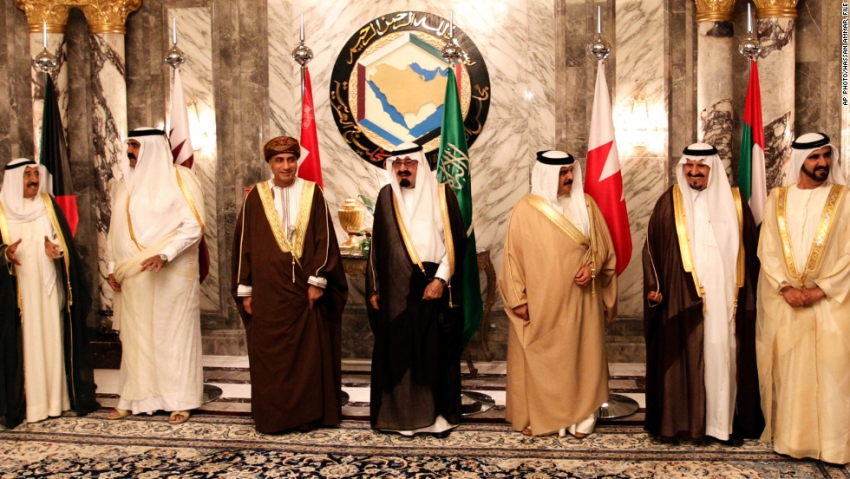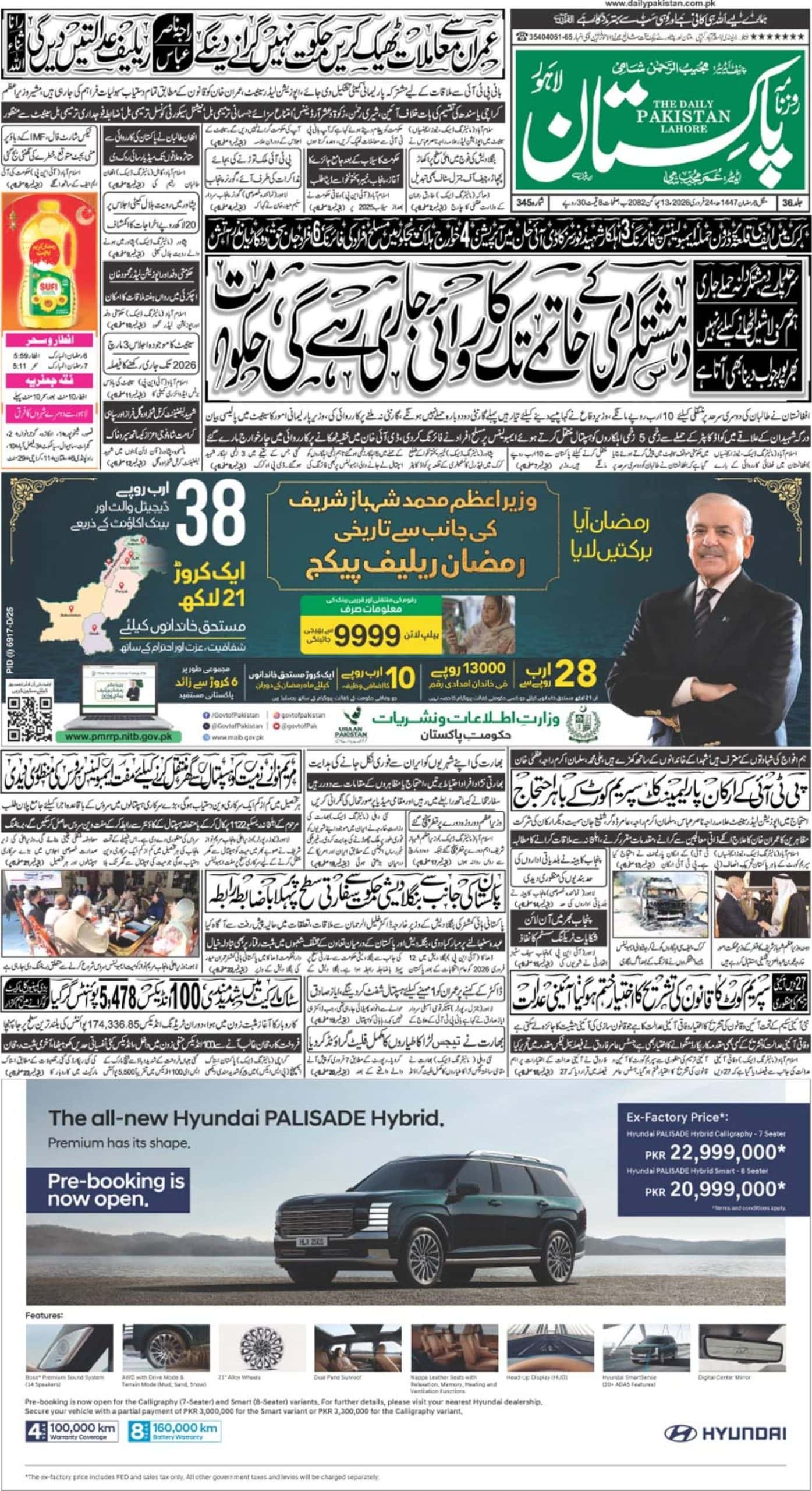Qatar has yet again defied the 10-day deadline for accepting the demands of its three neighboring Arab states and Egypt. Qatar’s Foreign Minister Sheikh Mohammed bin Abdulrahman Al-Thani said on July 4, “The unjust siege imposed by the other states under the pretext of combating terrorism is totally false and fabricated.” He also termed the list “unrealistic” and “non-actionable”. The Kuwait interlocutor submitted the Qatari response to the quartet last Monday. Despite threats of more sanctions against the tiny gas-rich Gulf nation, the status quo prevails. The Cairo moot of foreign ministers studied Doha’s response and pressed for compliance of the demand, while threatening more punitive measures. However, Doha continues to exercise restraint not only in responding to Emirati, Saudi, Egyptian and Bahraini criticism but also to Iranian overtures for greater cooperation.
After weeks of caution, Germany, France and the UK have weighed in the intra-Gulf row. While Germany and France have equally strong ties with the four members of the Gulf Cooperation Council, Britain enjoys greater clout due to its colonial past, ties with the ruling families, and the presence of military base in the Persian/Arabian Gulf. US Secretary of State Rex Tillerson, who became familiar with regional dynamics during his tenure as a top executive in the oil industry, too has resorted to shuttle diplomacy. The ongoing freeze of punitive measures against Qatar is by far a positive sign, resulting from the collective efforts of Kuwait as well as European and American diplomatic efforts.
Taking the region’s pulse
While the Qatari people, as well as foreign workforce, remain confident that the country will emerge unscathed, the country’s flag carrier and its sprawling hospitality industry are facing the brunt. After a short-lived lull in supplies, the markets remain flooded with imported food items as well as other amenities. As a result, port activity has boomed while some of the surplus short-range passenger jets of Qatar Airways are ferrying passengers within Europe for British Airways. Whenever a Boeing 737-800 takes off from London to Brussels or Prague as a BA flight, Qatar Airways livery takes Doha’s message of soft power several times in a day.
On the other side, Turkey stands firmly with Qatar, while refusing to link the opening of its military base to the peninsula. Turkey’s deputy premier Numan Kurtulmus told reporters recently, “Turkey’s military base in Qatar is not just for Qatar’s security, but for the security of the whole [Gulf] area. Turkey has a base there as part of the area’s safety.” Though falling short of explaining exactly who is being provided with security, Erdogan’s aide downplayed the ongoing row, with little relevance to the base in question. Meanwhile, Turkish media reports suggest that the number of Gulf tourists from Saudi Arabia, UAE and Bahrain has been lower than normal on the eve of Eidul Fitr. However, there are no statistics available yet.
Speaking in Jeddah, German Foreign Minister Sigmar Gabriel dispelled the impression that the quartet was undermining Qatar’s sovereignty with its demands. While pressing for restraint and dialogue, he called upon the Gulf countries to reach a collective agreement against funding of terror networks. Like his counterpart, Britain’s Foreign Secretary Boris Johnson visited the capitals of the Gulf countries in a bid to support Kuwait’s efforts to press for an end to Qatar’s siege and creating common ground.
Qatar on aggressive defense
While mulling over an assortment of legal as well as diplomatic options, Qatar demanded compensation for the damages incurred due to the blockade by private companies, public institutions and individuals. The move is part of a larger strategy of moving the global institutions concerning free trade and commerce. To unfreeze the airspace ban for commercial flights too, it has reached out to the UN, IATA and other related organizations, which are already working to sort the issue out. Doha has also announced its decision to hire a law firm to handle cases related to Qatari citizens who were given 14 days to leave Bahrain, UAE and Saudi Arabia, while nationals from these countries were directed to exit the peninsula. The decision has divided families, as well as impacted their jobs, businesses and academic pursuits.
On Sunday, Chief Prosecutor of the International Criminal Court (ICC) Fatou Bensouda expressed her regret over air, sea and land blockade of Qatar. She visited Doha to call on the country’s top leadership. However, there’s no indication that Qatar is making a case to invoke ICC jurisdiction.
The drags of bravado and supremacy
As yet, Qatar has boasted of its financial might against its neighbors’ restrictions. The country can very well foot the bill too. However, there is no reply to the question of foreign companies based in Qatar losing business and eventually leaving in case the crisis is prolonged. The hospitality industry won’t be able to bear losses due to reduced room occupancy for long. Either there will be layoffs or the government will have to provide a bailout package. With the imbroglio stretching to every next day, uncertainty in the job sector is on the rise. The marketplace has already been hit hard by low oil prices and consumers’ protectionist approach towards their earnings and savings.
While Saudi Arabia and Bahrain seem to have hit reconciliatory tones, the UAE and Egypt seem to play the hard ball. Last week, an Emirati citizen was jailed for showing sympathy towards the Qatari stance. Cairo’s state media continues to lambast Doha for its alleged support for Muslim Brotherhood. The Arab world’s most populous country, impoverished Egypt is heavily dependent on foreign remittances. Despite repeated handouts from friendly Arab states and loans from international monetary institutions, the Sisi government has failed to revive the economy. The regime’s rash policies against Muslim Brotherhood run the risk of domestic turmoil, which Cairo seeks to avert by adding its voice to the collective snub by the three GCC states.
The quartet has very few options available to it. There’s little likelihood of armed action against Qatar. The Saudi and UAE leadership have also downplayed the scenario. In the worst-case scenario, either Doha will be slapped with more sanctions or a coup could be staged to oust the defiant but popular leadership of the country. Of late, the name of a royal family member has been making rounds as the purported successor of Emir Tamim Al Thani. It’s too late for such a coup to succeed even if it is attempted after public outrage and harsh posturing against Qatar by the disenchanted neighboring states.
While the Saudi-led coalition has made significant advances in Yemen against the Houthi insurgents, the GCC states have lost focus in Syria. Trump’s agreement with Putin over Russia’s policing of ceasefire in southwestern Syria is a major blow for the Arab states. Prima facie, Iran too has expressed reservations, its proxy Assad and over a dozen militias will continue to remain in control. Qatar’s policy of waiting the crisis out through equal measures of proactive diplomacy and restraint may work in its favor. However, normalcy in relations cannot be restored without Doha making significant compromises over the presence of Hamas, IRGC officials and the role of media networks like Al-Jazeera. For the residents of GCC in particular and citizens of the Middle East in general, the ongoing rift is becoming embedded as a new norm in their already saturated conscience.














